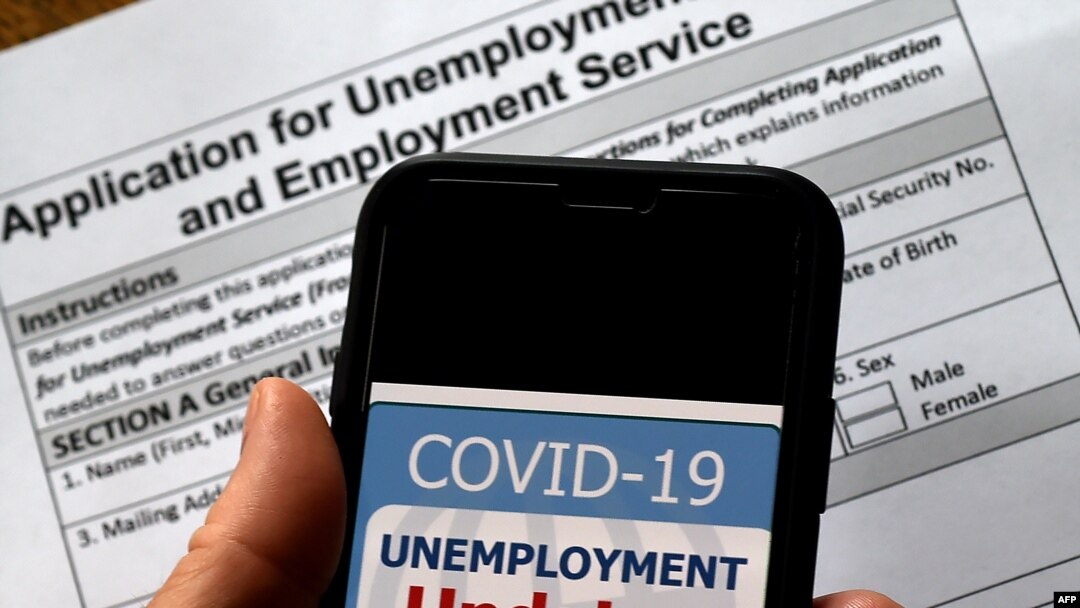U.S. unemployment benefit claims increased last week, the Labor Department reported Thursday, with the country’s recent surge in coronavirus cases posing a new threat to the world’s biggest economy.
Seasonally adjusted, a total of 742,000 jobless workers filed new applications for unemployment compensation, up 31,000 from the revised figure of the week before. It was the fifth straight week the number fell below 800,000 but remained above the highest pre-pandemic figure on record that dates back to the 1960s.
A total of 6.4 million workers remain unemployed, a 4.3% jobless rate for the first week in November, the Labor Department said.
SEE ALSO: Nearly 900,000 Americans File for Unemployment BenefitsThe unemployment rate is a marked improvement from the pandemic low point — a 14.7% jobless rate in April -- but with at least 170,000 new coronavirus cases being recorded in the U.S. day after day, state governors and municipal officials have been imposing new restrictions on business activity after months ago lifting similar curbs as the advance of the virus seemed to ebb.
The new restrictions could portend more U.S. workers being laid off in the coming weeks as retail stores cut the hours they are open, restaurants close and entertainment and arts centers cancel live shows. The approaching colder winter weather in the U.S. also means that fewer outdoor gatherings are possible.
Numerous health officials are urging Americans to stay home next week in advance of next Thursday’s annual Thanksgiving holiday, normally a time when millions of people travel long distances to visit relatives.
About a third of unemployed workers have been without a job for 27 weeks or more, compared with 4.1% in April before the brunt of the coronavirus pandemic impacted the U.S. economy.
The country’s Commerce Department reported three weeks ago that the U.S. economy surged 7.4% from July to September.
But analysts believe that U.S. economic growth will end up being slower in the last three months of the year, especially if business restrictions are markedly increased, such as renewed limitations on indoor seating at restaurants.
Government officials have been reluctant to curtail business activity as much as occurred in the March-to-June period during an earlier period of rising infections. Even so, some consumers have shunned in-store shopping or eating in restaurants, and many entertainment events have been canceled for months, leading to continued layoffs.
Live theater performances at Washington’s John F. Kennedy Center for the Performing Arts were canceled this week through April 2021.
Congress has reconvened after the November 3 national presidential and congressional elections. But there has been no evidence on movement toward a new estimated $2 trillion coronavirus relief aid package, including federal boosts to less generous state unemployment compensation.
It is not clear whether Congress and President Donald Trump, who is contesting election results showing him losing to Democrat Joe Biden, will reach agreement before he is set to leave office on January 20.
It is also uncertain what role Biden might take in shaping a relief package before he takes office. He has called for immediate passage of a relief deal approved months ago by the Democratic-controlled House of Representatives, but the Republican-controlled Senate has not considered it.
Republican Senate Majority Leader Mitch McConnell, who won reelection, said he hopes Congress will approve more aid by the end of 2020, but it’s a much more limited relief deal than Democrats want.


